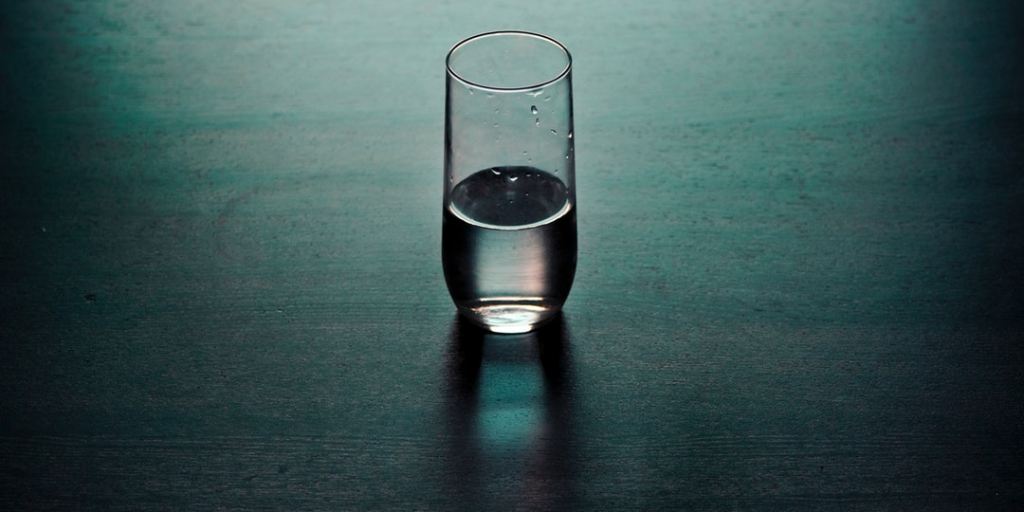Offer
Provide additional details about the offer you're running.

How is it, that we somehow have ended up paying more for bottled drinking water than we often do for coffee or a fresh juice? It’s madness! While it’s absurd and sometimes a little incomprehensible, the crux of the issue is one that we can all agree upon. Everyone wants good quality water – whether drinking it or using it for another purpose. The question is, what IS the best? The options can be confusing. What’s the difference? Is there even a difference? And if so, which should I opt for; purified water, distilled water, spring water or tap water?
Here, I’ll attempt to break it a down for you and hopefully offer some clarify for this somewhat murky issue.
PURIFIED WATER
This is a type of water that has had any impurities, contaminants and minerals removed.
As you can imagine, it is therefore not recommended for human consumption. Minerals, you see, are our jam! Remove their goodness from the food and liquids we consume and it becomes much less nutritionally valuable to us.
From distillation to deionisation or demineralisation, mechanical filtration to reverse osmosis, the process itself can vary greatly, but the end goal and the end product is essentially the same.
DISTILLED WATER
Just like it’s afore mentioned friend, distilled water is purified and has had contaminants and minerals removed. Its purity makes it popular for use in the cosmetic, mechanical and medical industries. As all the goodness has been removed it, again, is not used as drinking water, but as an ingredient within products that do not require the minerals we do.
SPRING WATER
The more natural of the three, spring water is the one we are used to hearing about and generally used to drinking. It has undergone a natural filtration process, by passing through rocks such as limestone. Spring water is sourced from underground springs, with sediment being filtered out and tests being conducted before it’s bottled for human consumption.
It is what we drink out of the bottles we buy at the supermarket or servo.
While bottled water seems like a great solution, it is accompanied by several problems such as;
We need to, of course, appreciate that some areas, both internationally and within Australia, have tap water that is not considered drinkable, in the areas where it is possible, a filter used on tap water should be the way to go.
FILTERED TAP WATER
If you’re filtering tap water from home and investing in a filter, be sure you know what types of contaminants are in your water in the first place. Once you've established that, you’ll have a better idea of the type of filter you need to buy.
To test your tap water yourself so you can make an informed decision regarding which filter you need, you can get a company to come out to do it for you OR simply use an at home testing kit.
From jugs and water bottles that contain filters to kitchen filters, caravan filters and whole house filtration systems, there’s a huge range of options to help you get the best out of your tap water.
Once filtered, storing it in stainless steel or glass is recommended. The reasons for this are;
Despite having all this information on hand, it’s important to always look at the labels of the bottles you are buying. Sometimes products will include plastic linings that use BPA, so be sure you check and double check before making a purchase.
So, if your tap water is in good enough shape, getting it tested and getting the right filter for your circumstance is the way to go. Although it may involve some upfront costs, it’s ongoing rewards and it’s benefit to your health and daily life will become invaluable.
REFERENCES:
http://www.buildingbiology.com.au/hazards/drinking-water.html
http://www.buildingbiology.com.au/hazards/which-type-of-water-filter.html
http://www.buildingbiology.com.au/hazards/bottled-water.html